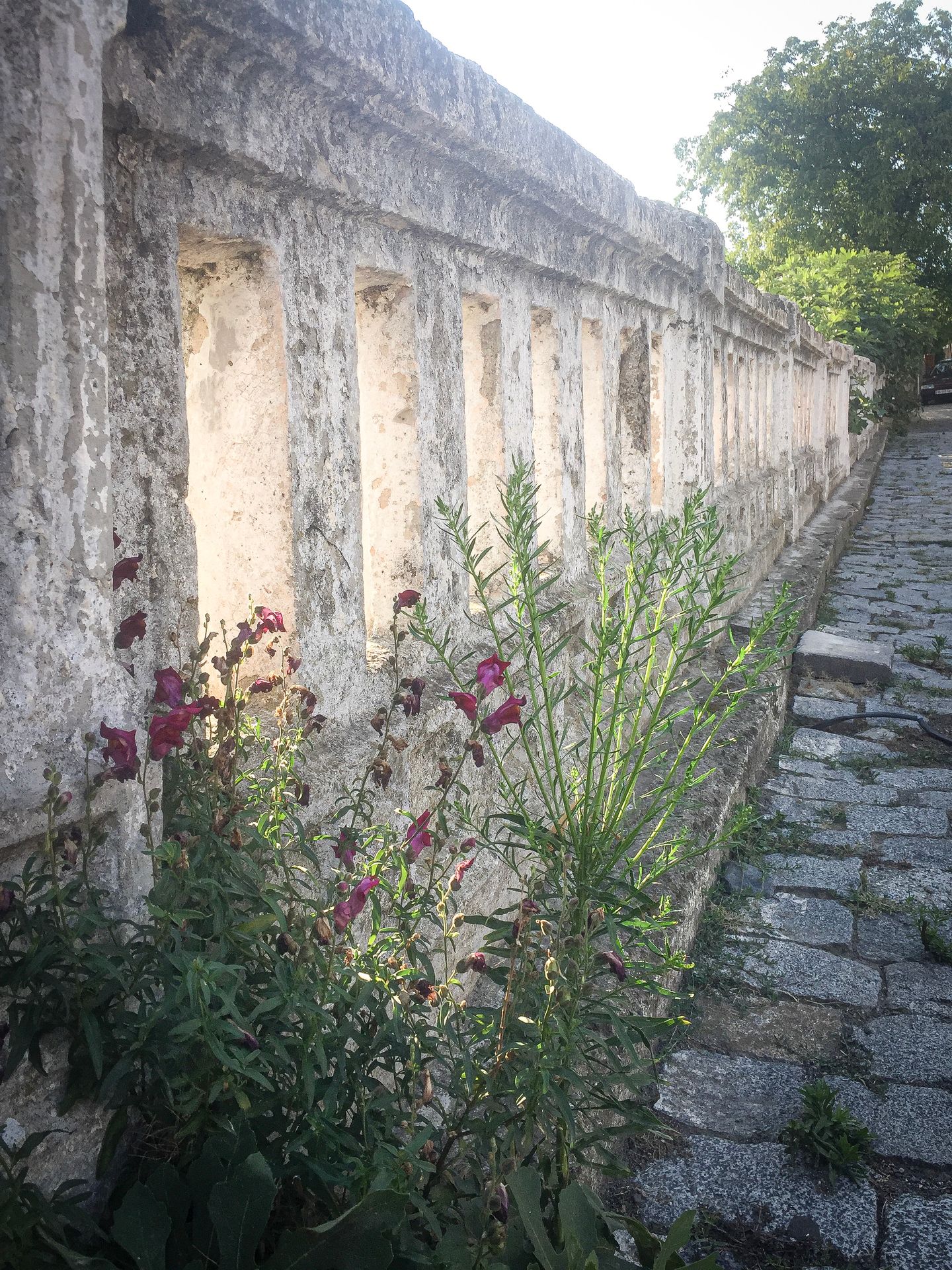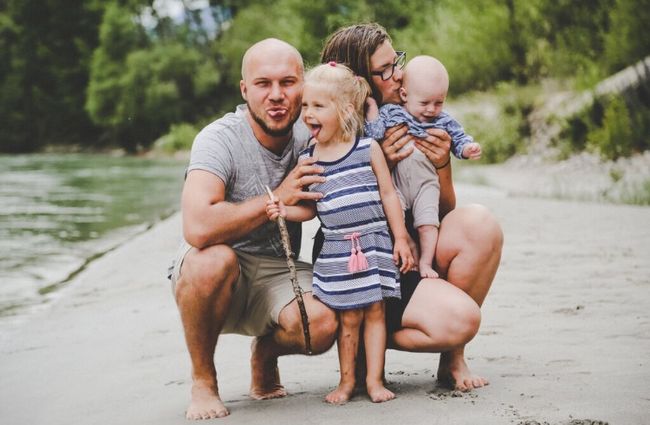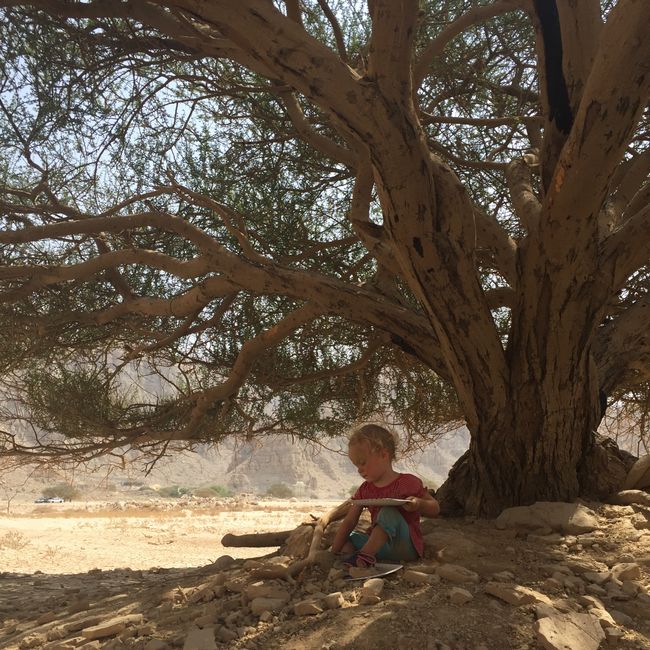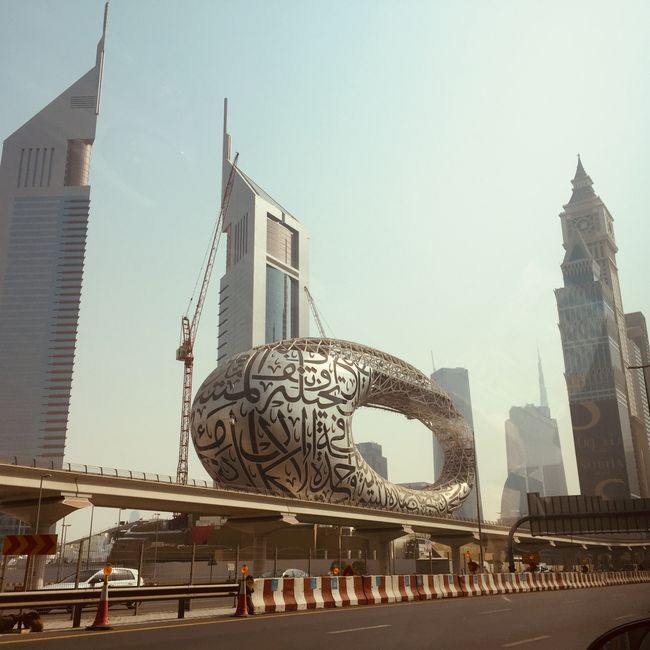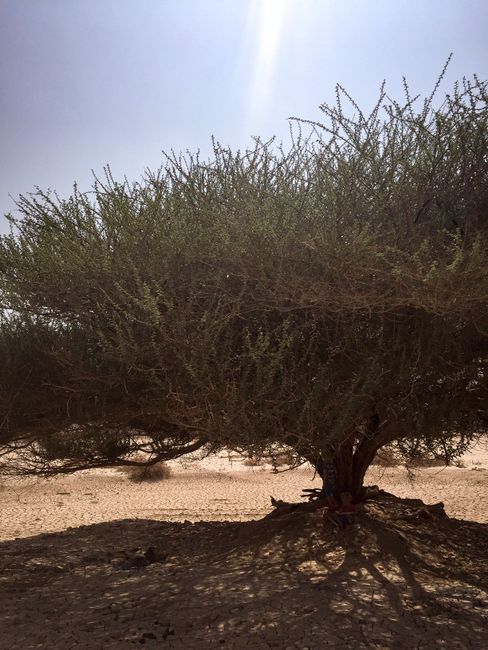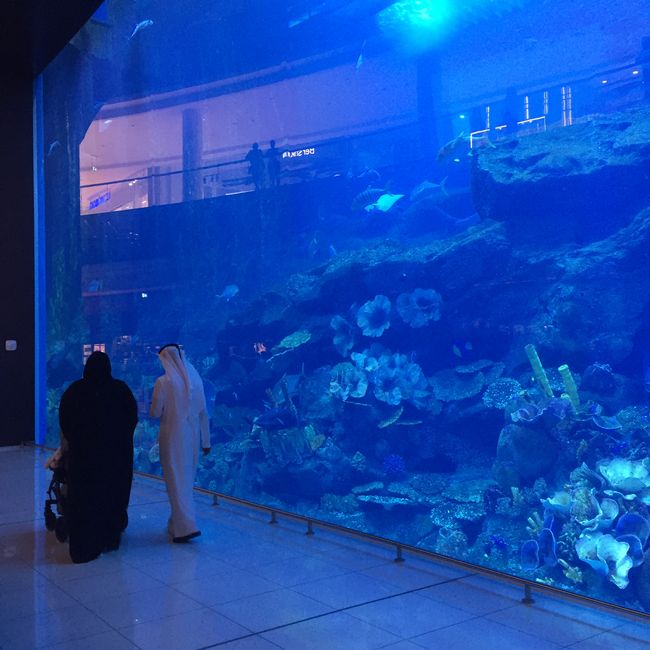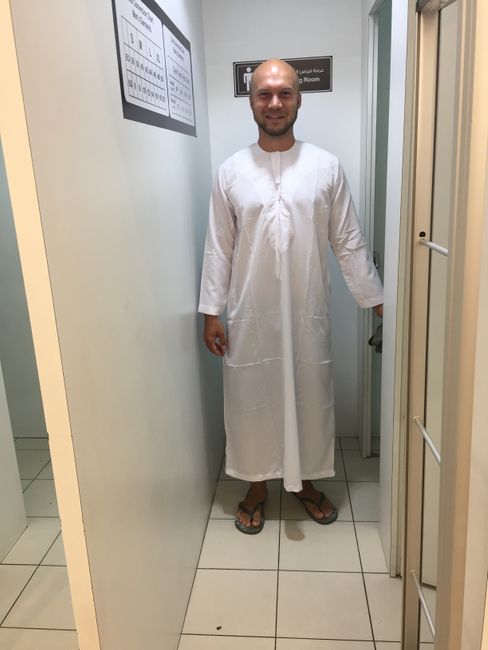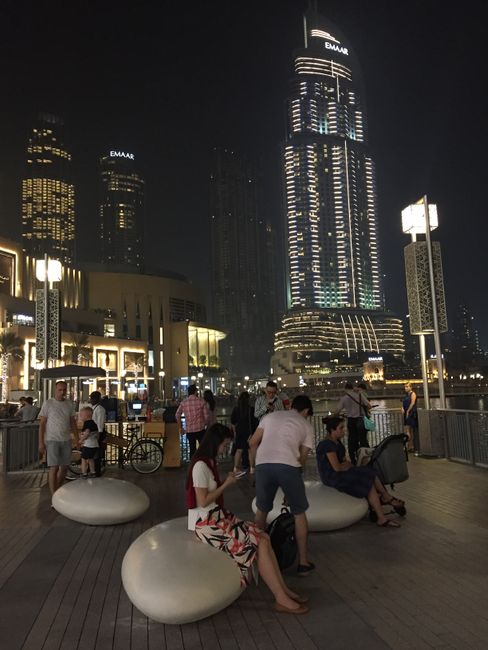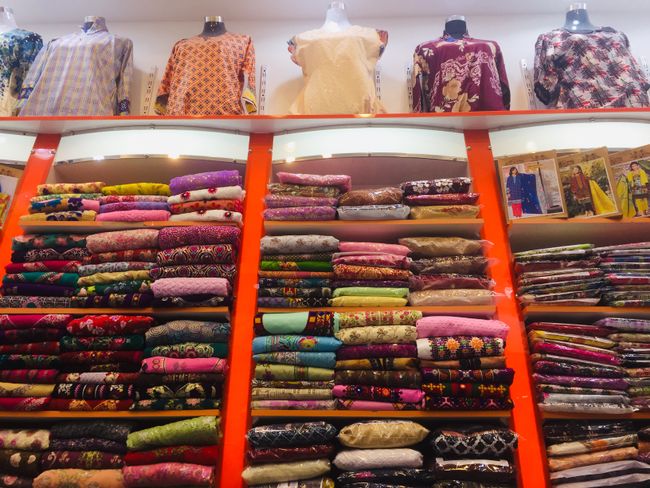About family trees and tree trunks
شايع ٿيل: 06.10.2019
نيوز ليٽر جي رڪنيت حاصل ڪريو
As we sat on the plane, we felt it again:
the tingle, the curiosity about the unknown. We were on our way to Dubai, flying over the vastness of Iran and had no idea what to expect.
What awaited us
- A brutal humid wall that made it hard to breathe and fogged up our glasses
- lots of lights, houses, cars
- luxury in its generous form
- very, very many people who seemed to come from all over the world and had found a home here
In the first few days we slept a lot, enjoyed the pool of our cheap hotel and went out occasionally. After a few days, the heat subsided, we rented a car and got a better feel for this crazy place: Dubai.

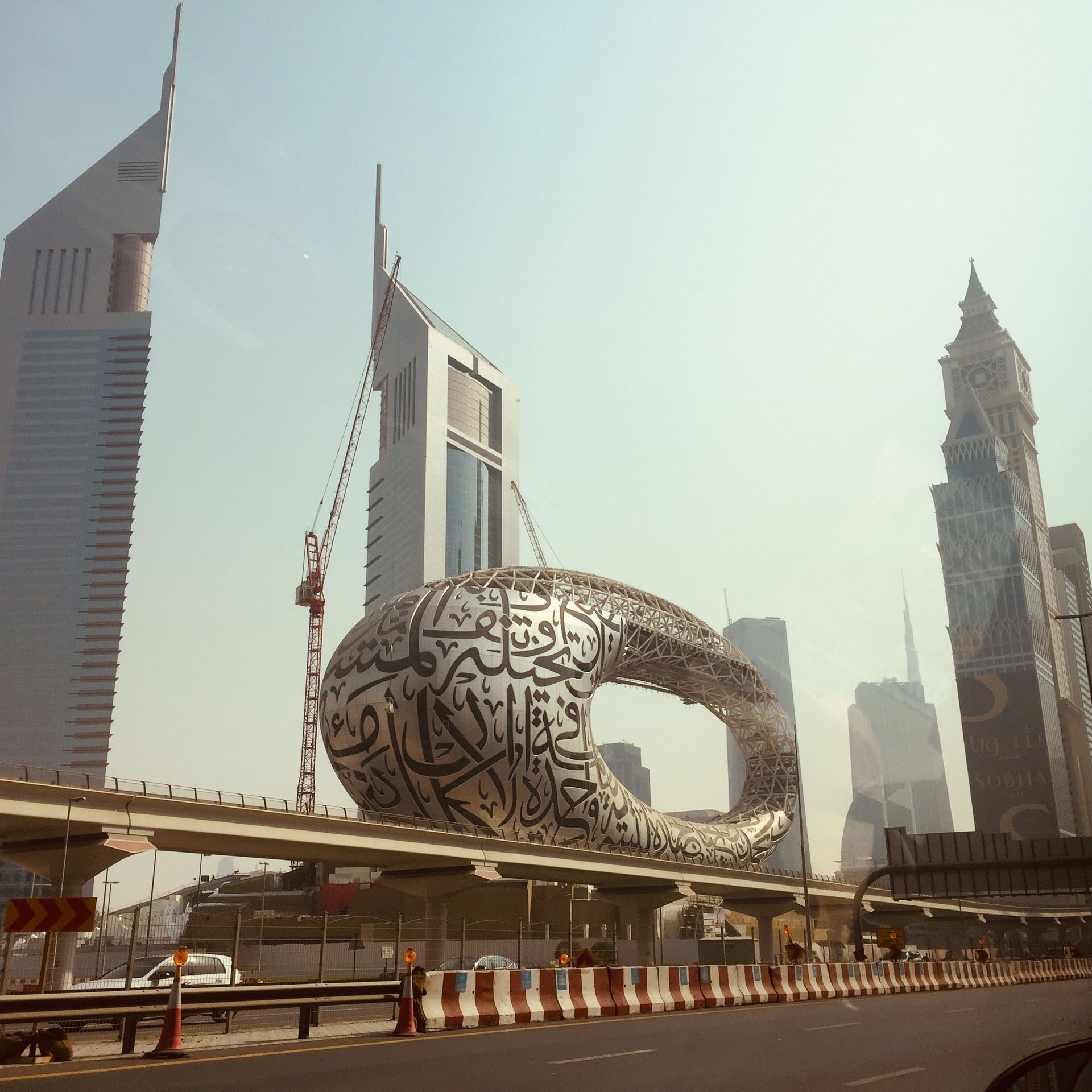
It must have been brutal here in the past. Probably fishermen, Bedouins, and a large market where traders from India and Arabic countries docked. Didi believes that people dug their houses into the ground. There is no other way to explain how they could live there in this extreme heat. The fact is that the city has completely transformed with oil. It has become a place of trade, services, tourism, and a mega metropolis. Skyscrapers are lined up, SUVs zooming through the many wide highways, people walk from building to building in long tunnels with air conditioning. What we only know from Canada seems to work quite well here: apparently, you can live in this city without going outside into the fresh air (aka brutal sun).
But what completely took our breath away was not the stuffy air, but the diversity of people. Overwhelmed by such different cultures, languages, and clothing styles, we began to sort things out in our heads. We asked people who they are and what makes them unique, asked friends who live here, and observed a lot. The result was a network of hierarchies that is no less than a tree in the desert, wanting to protect itself from the sun with each branch. We would be happy to take you on the journey of discovery that we have experienced through many encounters.
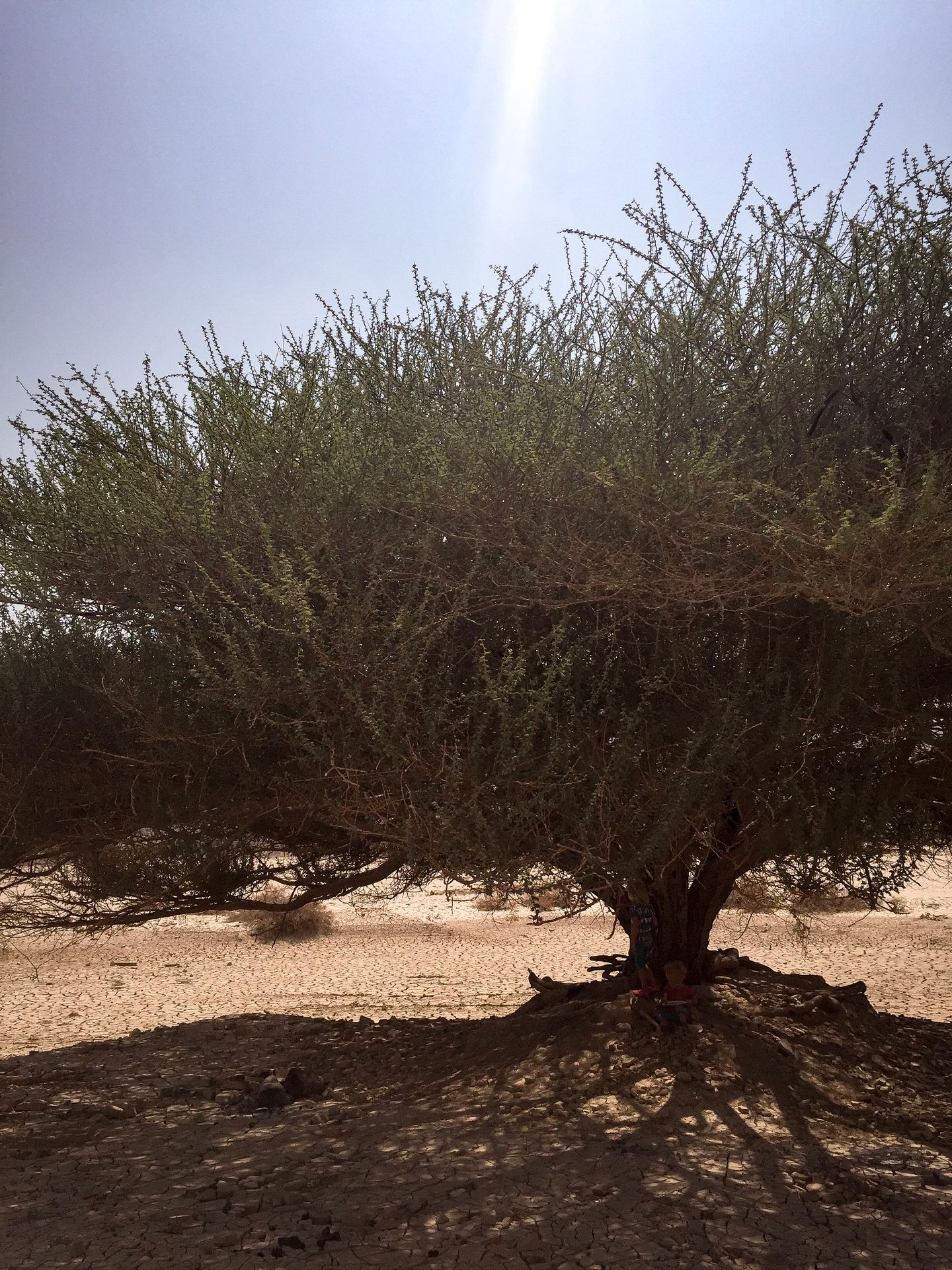
In the crown of the tree, which consists of the seven emirates, one of which is Dubai, there are black and white birds. If you look closely, you can see that they are people. Men in white robes and women in black. They are the people our oldest daughter occasionally whispers about, "look, Mom, another woman who wants to hide." They are the proud descendants of fishermen and princes, Bedouins and nomads who have lived here since time immemorial. They appear proud and untouchable, and that is mainly because of their clothing.
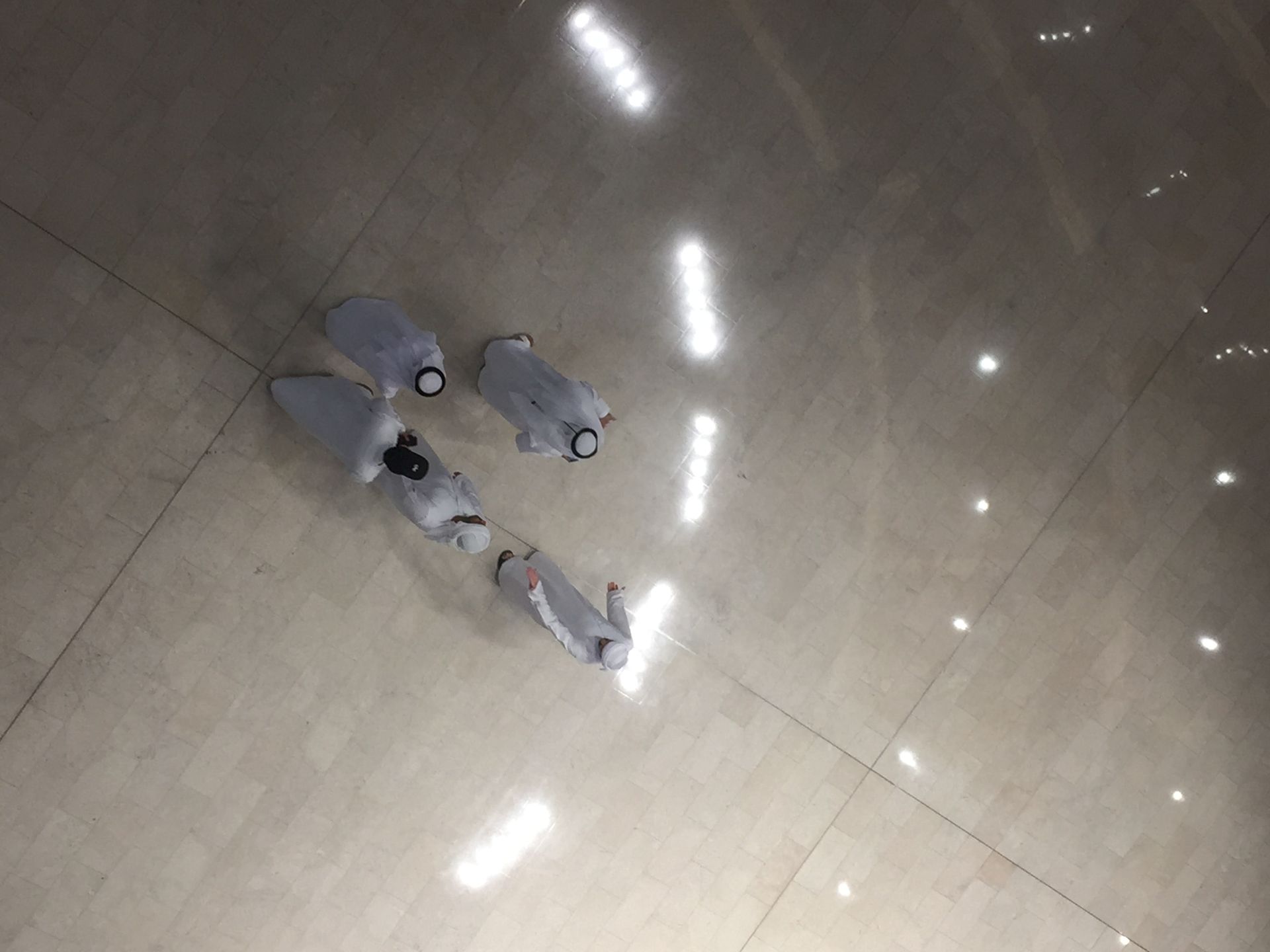
Somehow, I'm glad to see men in bedsheets. When we were in Azerbaijan, there were a whole herd of Gulf state tourists there. Unlike the always veiled women, the men there comfortably wore t-shirts and shorts - which drove me crazy. Why should they be allowed to show their skin while their women sweat under the black layer? At least in their homeland, they have developed a kind of gender uniform that allows both to hide their body shapes from lustful gazes - such as those of Western tourists. But I suspect that the gap serves mainly one purpose - demarcation. Emiratis are a minority in their own country. Depending on the region, they make up 10-20 percent of the population. They are supported by the state, have capital, and form the wealthy elite. We are air to them - unlike the people in the Caucasus, they do not even notice us or our children. Just like the other 80 percent.
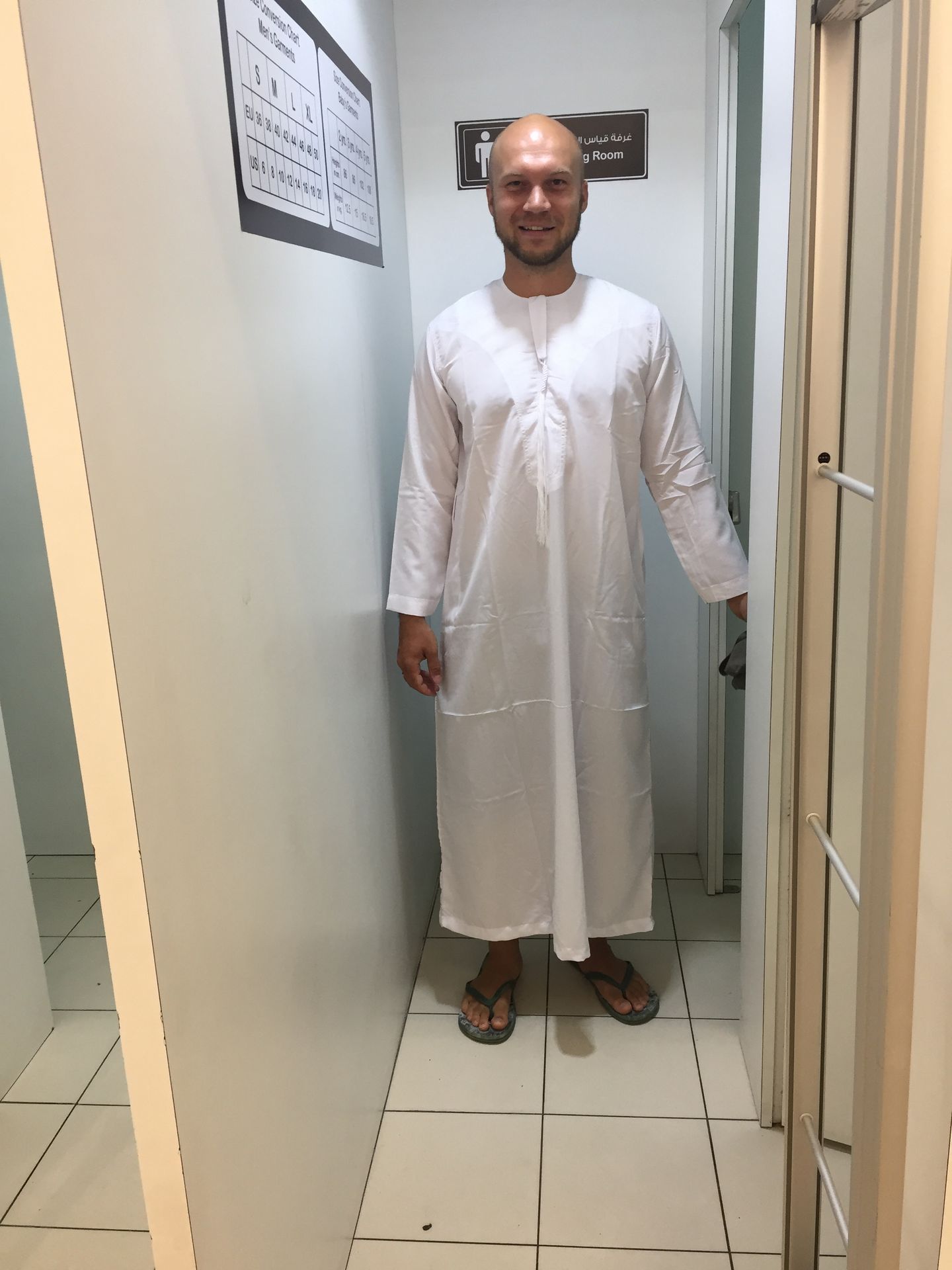
They wouldn't be distinguishable from the other Arabs we see on the streets if they didn't walk around like ghosts. Our hotel in Dubai was in a neighborhood where the smell of curry and saris being sold was constant. I took the opportunity to get appropriate and cheap clothes and stocked up on Indian and Pakistani clothing. In some encounters, I noticed recurring patterns: there were many young and older men from India and Pakistan who work here as salesmen, taxi drivers, waiters, or construction workers. They are the strong branches of this society. They do all the jobs that belong to a functioning society - someone has to take out the trash, someone has to clean the car - and that have been successfully outsourced by the locals. What puzzled me: Apparently, these people cannot stay in Dubai in the long term. If they lose their job, they get kicked out. If they retire, they have to leave. Ruthless liberalism.
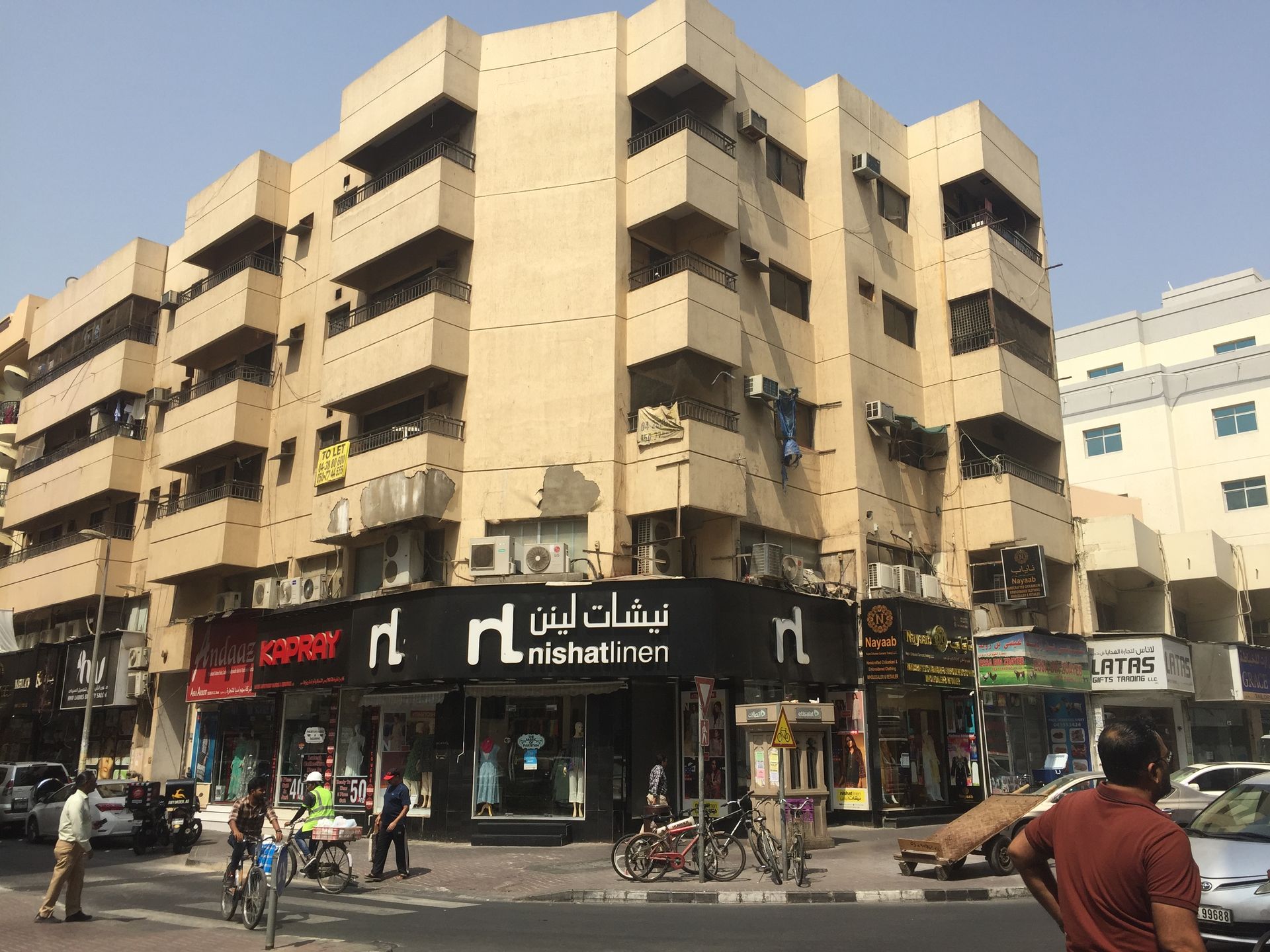
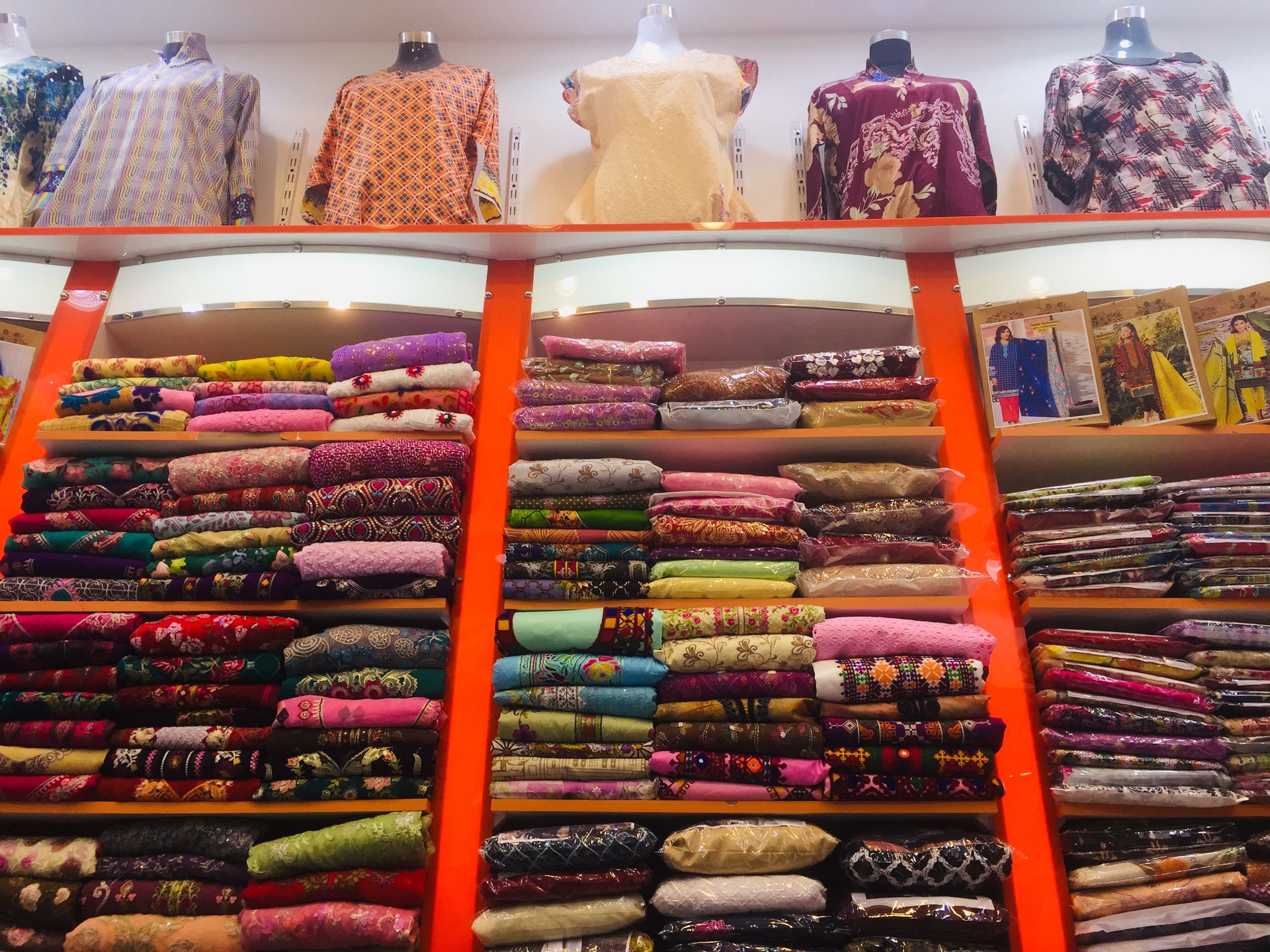
We had short and respectful encounters with many other employees of this class - Nigerians, Eritreans, and Bengalis. It was particularly confusing that many tourists from these countries had also stayed in our hotel. We felt a lot of emotions at the breakfast buffet - understanding, camaraderie, contempt, indifference - and couldn't clearly assign them.
The lower the birds look down the tree, the more disdainful their gaze becomes. At the bottom of the hierarchy are Filipino women. They cook and clean, take care of children, and make a very important contribution to this society that is not appreciated. In other countries, these women protest for more rights - for example, in Lebanon - but because the media here is censored, that probably hasn't been noticed.
And in all these branches and dependencies, we move. There are many Western tourists here, as well as many European labor migrants who come here as teachers, engineers, or doctors. They may be the ones who are sometimes the most casually dressed and who occupy the pools. But there is no spontaneous brotherhood on the street between us, as was the case in the Caucasus when we met travelers from Europe. It is a big city, everyone has a lot to do. Everyone is under stress.
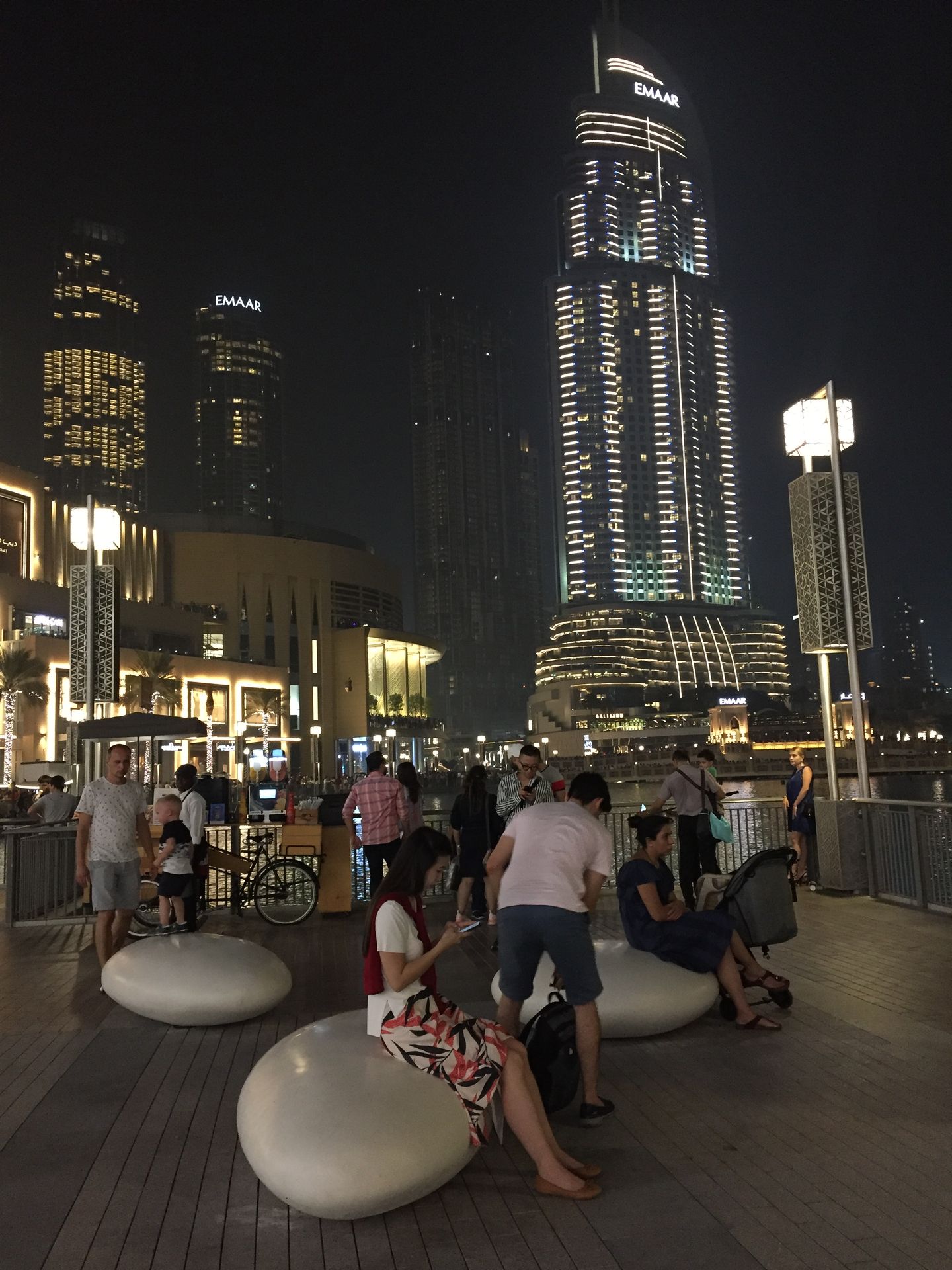
The nicest and most open people we have met here are Arabs from Jordan or Syria who live here. Strangers and friends who are interested in us, take the time and want to help us. That is so valuable to us, and we are grateful! We keep thinking: what if the Emiratis were refugees instead of Syrians. They would struggle with their attitude.
We still do not know how to deal with the obvious imbalance, with the green branches and the tough bark of this Dubai tree. We want to treat all people respectfully. But what does that mean specifically? Do we give tips, have small talk, say sir or madam (which we wouldn't say to a servant, only he would say that to us), or do we retreat? How can we live out the kindness we have experienced in the last few months in a group where there is no eye contact?

And then we were finally in nature. Out of this surreal, unreal world, and into the realities of the landscape. At a picnic with friends, we were probably never so happy about a tree. It was a magnificent specimen, much better equipped for the circumstances than we were. Its branches were rugged and prickly, as were the puny leaves. But it had imposing branches and managed to create an impenetrable roof that provided us with shade. Countless birds chirped invisibly within it. Trees are something wonderful. They can protect. And we also wish the many different people in Dubai to find protection and for their hopes to come true. Ultimately, everyone dreams that they will be well off - in the shadow of the tallest.
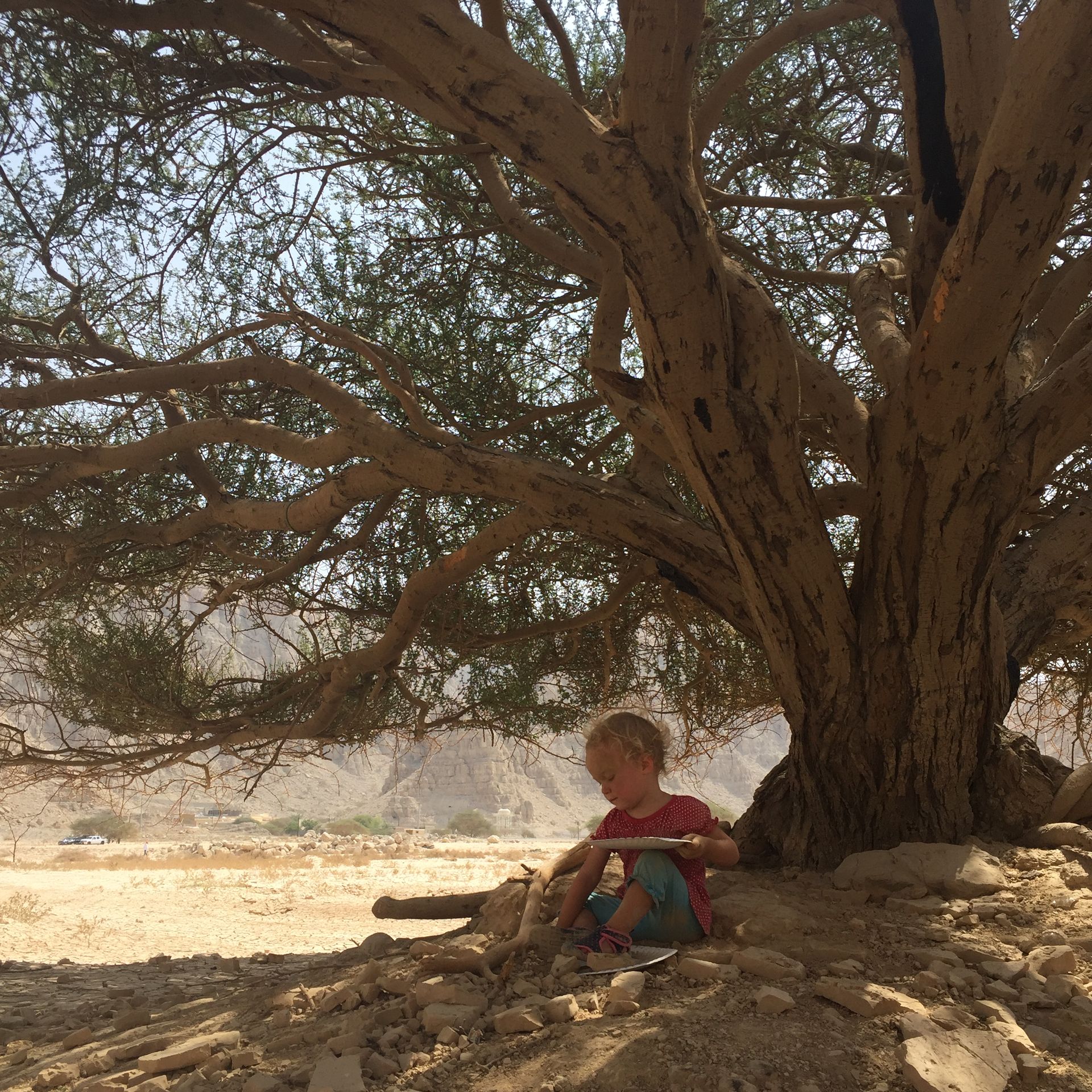
نيوز ليٽر جي رڪنيت حاصل ڪريو
جواب
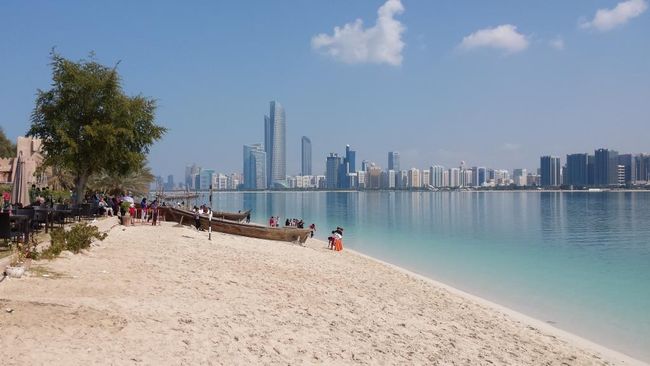
سفر جون رپورٽون متحده عرب امارات
